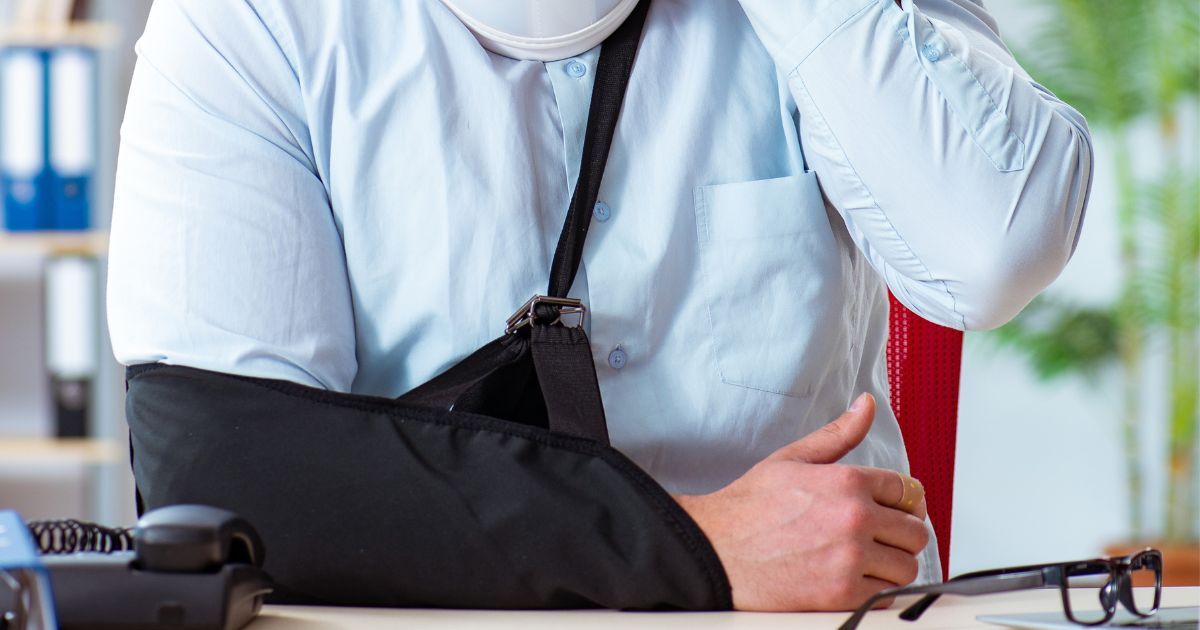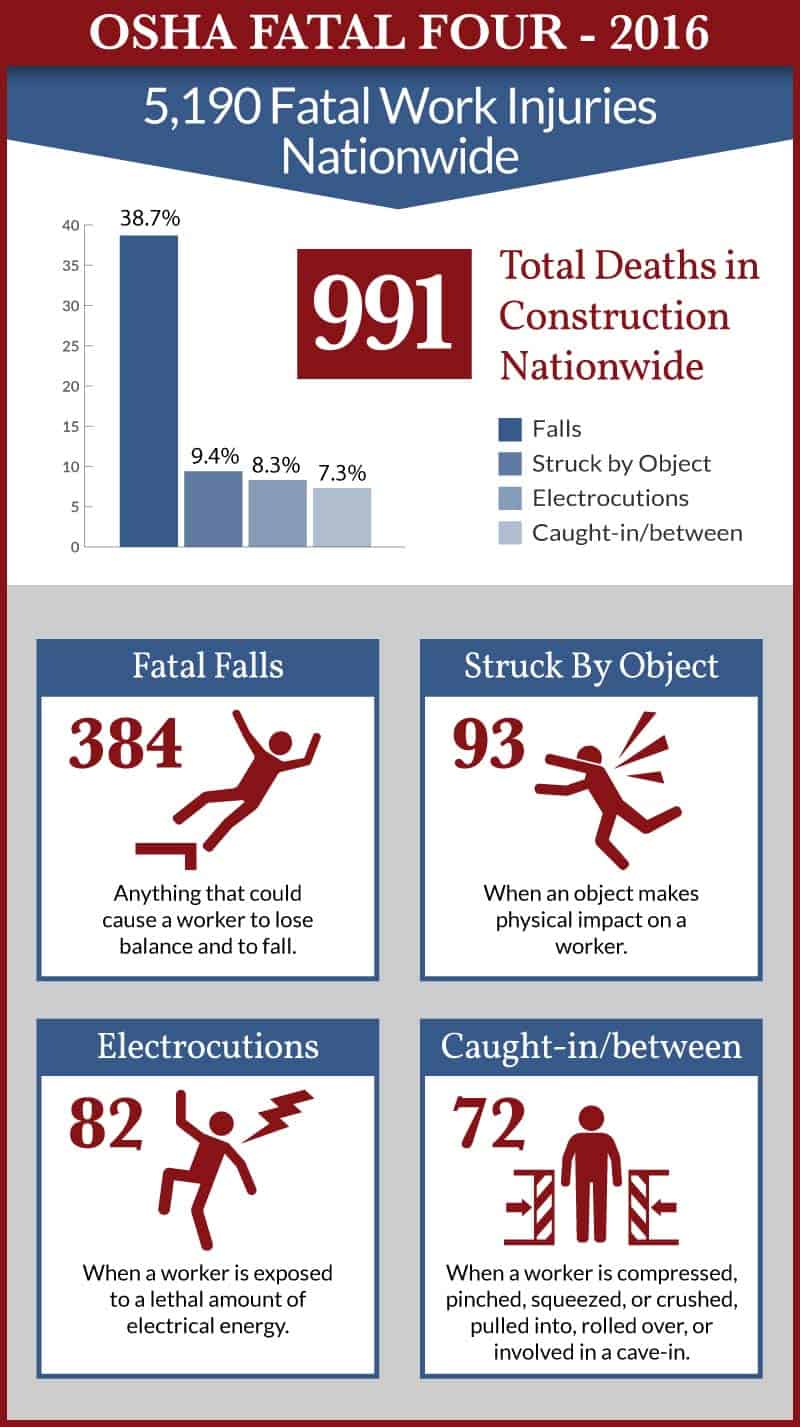Common Types of Injuries Among Hospital Workers

Working in a hospital can be emotionally demanding and physically strenuous, putting healthcare workers at risk of various injuries. They lift patients, are exposed to infectious diseases, and face other challenges that lead to injuries. The threat of patient violence is also very real.
Musculoskeletal injuries are prevalent among hospital workers due to the physically demanding nature of their jobs. Lifting and transferring patients, moving heavy equipment, and standing for long periods is strenuous on their bodies.
Hospital workers, particularly nurses and orderlies, are at high risk of back injuries due to frequent lifting and bending. These injuries can range from minor strains to severe conditions like herniated disks. Strains and sprains can occur when hospital workers lift heavy objects or move patients without proper assistance or equipment.
Tasks that involve repetitive motions, like typing or performing procedures, can lead to repetitive strain injuries like carpal tunnel syndrome or tendonitis. Other common hospital worker injuries include burns from electrical shocks and hot equipment, internal injuries, perforation and lacerations from sharp equipment, and slip and fall injuries.
What Are the Risks of Exposure to Infectious Diseases in Hospitals?
Hospital workers are exposed to various infectious diseases, including viruses, bacteria, and fungi. Working closely with sick patients puts them at risk of contracting these illnesses. Common exposure scenarios include:
- Bloodborne pathogens: Hospital workers who come into contact with blood or bodily fluids are more vulnerable to contracting diseases like HIV, hepatitis B, and hepatitis C.
- Airborne infections: Respiratory illnesses like influenza, tuberculosis, and COVID-19 can spread through the air, putting healthcare workers at risk. This is more likely in high-traffic areas like emergency departments and intensive care units.
- Contact transmission: Skin-to-skin contact or touching contaminated surfaces can transmit infections like methicillin-resistant Staphylococcus aureus (MRSA) and Clostridium difficile (C. diff).
Hospitals must provide adequate personal protective equipment (PPE), like gloves, masks, and gowns, to reduce the risk of exposure to infectious diseases. Strict infection control protocols, including hand hygiene and environmental cleaning, are essential for protecting hospital employees and patients.
How Do Workplace Violence Incidents Affect Hospital Workers?
Workplace violence is a significant concern for hospital workers, particularly those in emergency departments, psychiatric units, and behavioral health settings. Violence can come from patients, visitors, or even coworkers. Hospital workers may sustain physical injuries like bruises, cuts, or fractures during violent altercations with patients or visitors.
Experiencing or witnessing violence in the workplace can also have long-lasting effects on mental health, leading to anxiety, depression, or post-traumatic stress disorder (PTSD). Workplace violence can also erode morale and job satisfaction among hospital workers, leading to increased turnover and burnout.
How Can Employers Protect Hospital Workers?
Hospital workers encounter real risks and challenges that can result in injuries and illnesses. That is why employers must prioritize the safety and well-being of their staff by implementing preventive measures and providing adequate resources.
Preventing workplace accidents requires a comprehensive approach, including staff training in de-escalation techniques, implementing security and safety measures, and encouraging a culture of reporting incidents without fear of retaliation. Hospital administrators are responsible for providing staff with these resources to minimize the risk of injuries and ensure safe working environments.
Our Philadelphia Workers’ Compensation Lawyers at Freedman & Lorry, P.C. Represent Injured Hospital Workers
If you are a hospital worker who suffered an injury, contact a Philadelphia Workers’ Compensation lawyer at Freedman & Lorry, P.C. Complete our online form or call us at 888-999-1962 to schedule a free consultation. Located in Philadelphia and Cherry Hill, New Jersey, we serve clients in Pennsylvania, and New Jersey.
